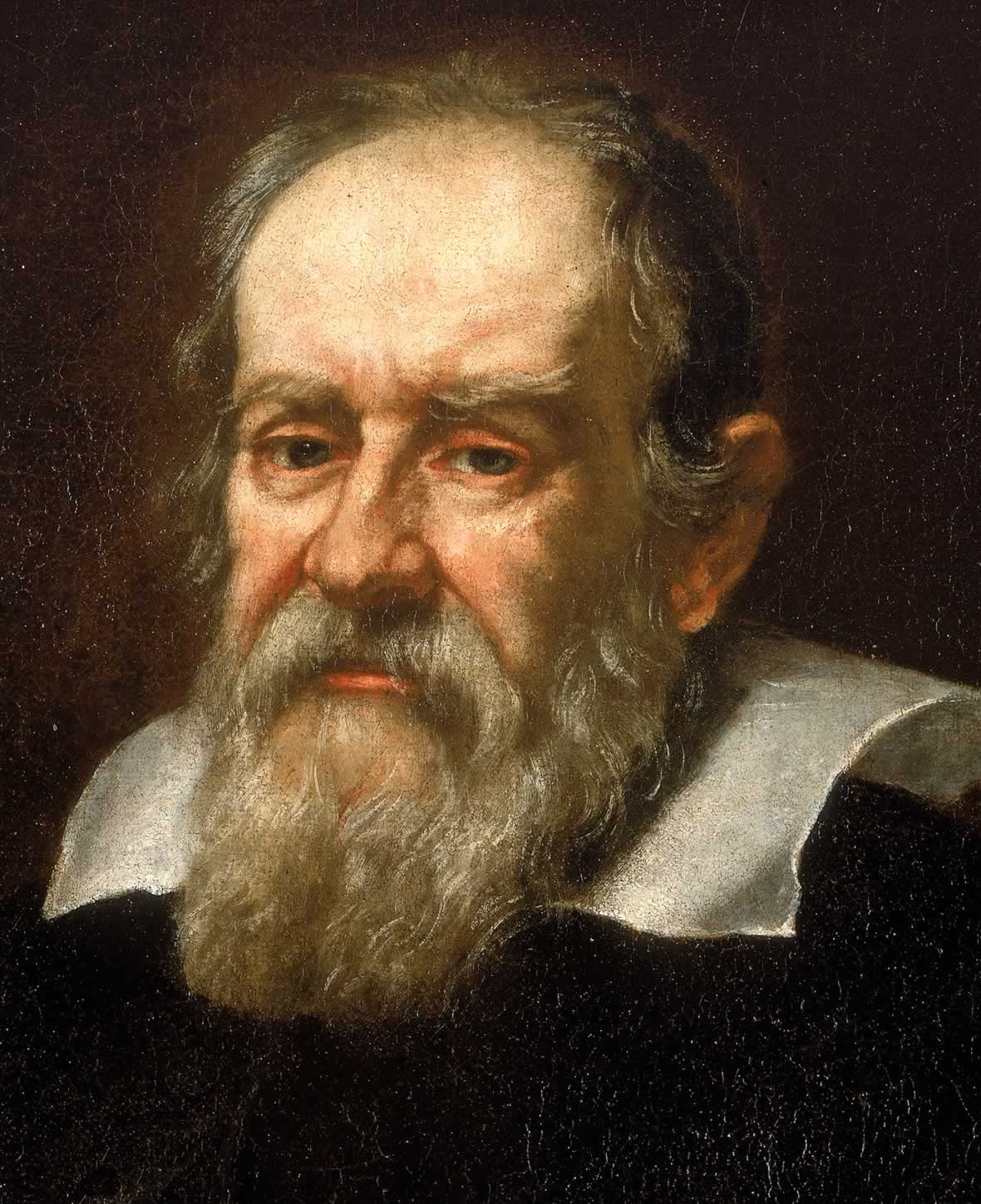It's Week 5 of The Ninja Librarians Recon Team as we continue working to promote Jen Swann Downey's brilliant book - The Ninja Librarians: The Accidental Keyhand. For those of you who might not be familiar with the book, it (finally) came out four days ago. Yes, I called a middle grade book for children "brilliant" because there's an important lesson in the book: censorship. The motif of The Ninja Librarians is making sure mankind continues to progress through creative thinking by rescuing historical figures who are in danger for challenging the status quo. For more information about this motif, please read my original book review of The Ninja Librarians.
In any case, a new week with The Ninja Librarians Recon Team means a new topic. Here are the questions for week 5:
Which historical figure would you like to be an apprentice for? What would you like to learn from them (or get from them, since clearly Marcus has no intention of learning gardening….)?
 |
| Galileo Galilei Source: commons.wikimedia.org |
I chose Galileo not just for his contributions to our understanding of modern-day science but also for his strength of character. He could have easily backed down when he was accused of heresy. He could have willingly apologized and recanted his claims forever (as opposed to a forced recanting of his claims). While he did actually take a ten year break from advancing the concept of heliocentrism, he did eventually continue furthering his work through scholarly writing. He showed an amazing amount of conviction in his work, and I would love to be a witness to someone which such strength and conviction.
While reading through the wikipedia article on Galileo, I found one part in particular that touched me:
"Galileo was ordered to read the seven penitential psalms once a week for the next three years. However his daughter Maria Celeste relieved him of the burden after securing ecclesiastical permission to take it upon herself."I trust that having a devoted daughter like Maria Celeste brought some solace to Galileo.
And now I shall wax philosophical...
There has been a lot of heated debate in recent years over creationism versus the Big Bang Theory and Darwin's Theory of Evolution, and which theory should be taught in schools. This debate reminds me of what Galileo dealt with in his lifetime. Some people believe the Theory of Evolution should be taught; others believe creationism is the truth and that is what should be taught in public schools.
It's a topic I try to not to broach as much as possible because of the strong emotions on both sides of the issue. However, I can't discuss Galileo without thinking of today's debate. It feels like we are resurrecting the controversy of science versus religion that existed in his lifetime. It doesn't need to be this way - I feel there is room for both science and religion if we allow our minds to be more open. For instance, Galileo's daughter Maria Celeste had room in her heart for both her biological father and her Heavenly Father.
There's a lot about the universe and how we came to be that we don't know about, folks. Let's not forbid our kids from exploring all the wonders of life.


No comments:
Post a Comment